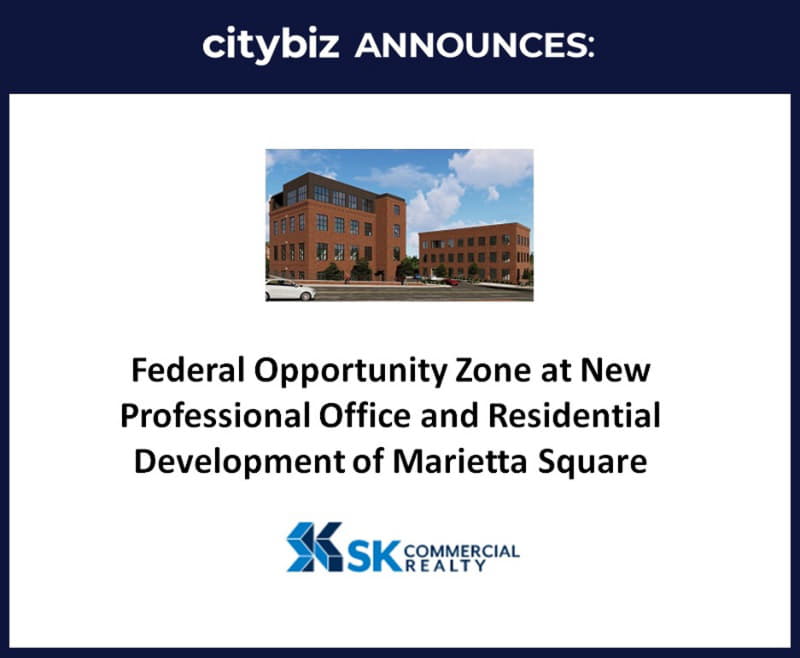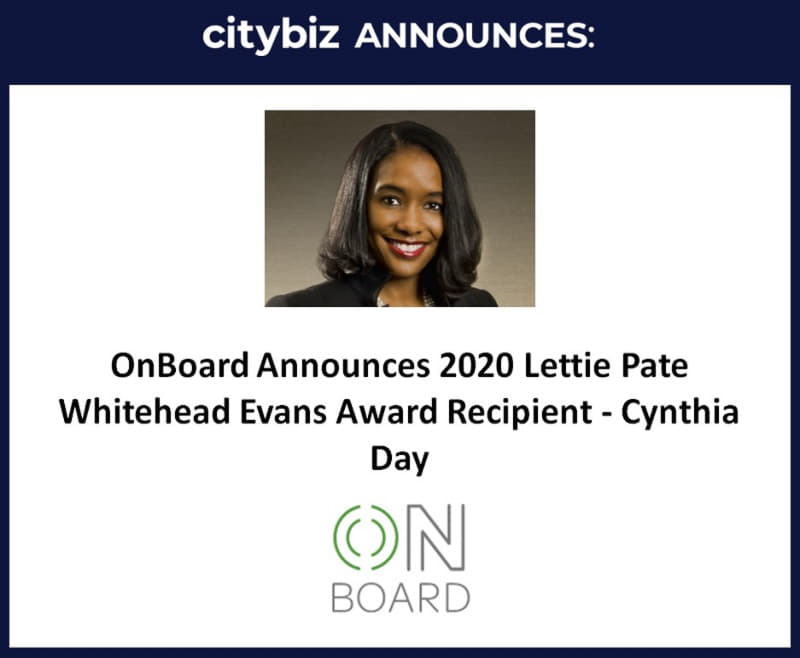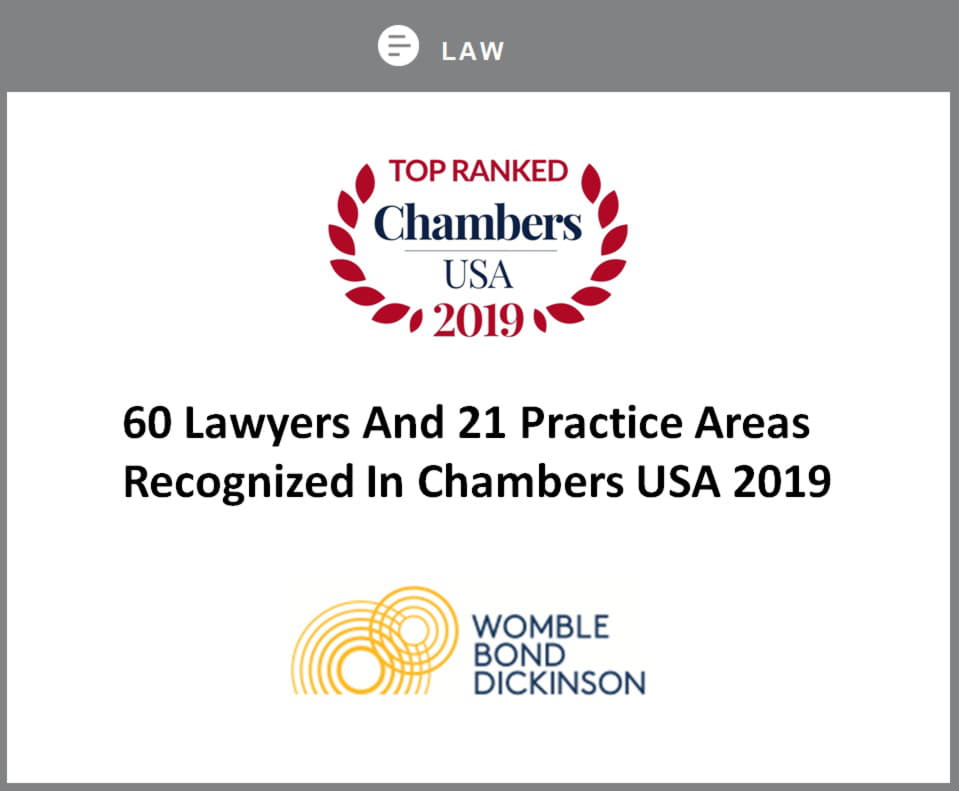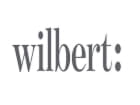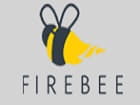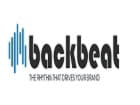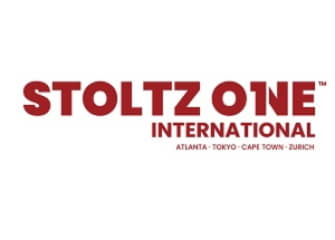
By Leon Stoltz, Founder, Chairman and CEO of Stoltz One International
Due to a new spike in COVID-19 cases in the United States and beyond, personal protective equipment (PPE) remains in high demand around the world. Purchasing this necessity has become especially difficult as the pandemic has been creating shortages for months and scam suppliers have emerged to take advantage of buyers desperate to buy the life-saving supplies.
These conditions create the perfect conditions for deceptive sellers to thrive. Fake businesses pose as legitimate suppliers to buyers who need to procure PPE for their customers and employees, many of whom are battling the pandemic on the front lines.
The problem that buyers face is that dubious suppliers who provide poorly manufactured, counterfeit or illegal PPE can be difficult to spot. Even major U.S. government agencies have fallen prey to scam suppliers attempting to exploit the COVID-19 pandemic for personal gain.
As the CEO of Stoltz One Health, a division of Stoltz One International and a major supplier of PPE to organizations like the Centers for Disease Control and Prevention (CDC) Foundation in the United States, I want to help buyers spot the real deal and avoid getting caught up in a scam.
By being aware of what a reliable supplier will and won’t do, you can ensure that you get the proper supplies to your workforce or customers - the PPE that actually protects and saves lives - without wasting your time and money.
A reliable supplier will:
- Provide certificates from Europe, Asia or the United States that prove the PPE meets government standards. All PPE must have instructions for use and be appropriately tested and marked with an approved marking. Without it, the product is illegal to use as protective equipment in the workplace. Conformité Européenne (CE) certificates are the hardest to fake. Due to COVID-19, the CDC has issued a helpful guide on face masks.
- Show you their supply chain with full transparency. When asked, they will tell you who is making their PPE, where it comes from and will answer all your questions. Be wary of suppliers who dodge your questions about their bulk supply chain.
- Give you insight into delivery times and logistics. They will let you know when to expect your supplies, how and where you will receive them and keep you posted throughout the shipping process.
A reliable supplier will not:
- Ask for unusual payment terms or expect full payment upfront. Typically, it’s 50 percent upon ordering and 50 percent before the bill of lading or airway bill is issued.
- Refuse to allow independent quality inspection companies to test and approve their products.
- Make last-minute price changes or add unexpected charges that were not discussed.
- Pressure you to buy their supplies. Legitimate salespeople never use scare or pressure tactics, like saying supplies are running out or pressuring you to order immediately.
- Make excuses for delays in shipment, like saying the PPE was seized at the port or is currently stuck in customs.
- Leave your calls and emails unanswered or unreturned.
- Make claims that their products will prevent, treat, diagnose or cure COVID-19.
If you’d like to read more about how to spot fake PPE, the U.S. Federal Bureau of Investigation issued an alert with more details. If you suspect you were the victim of a PPE scam in the United States, you can report your experience to the FBI online at tips.fbi.gov, to the Internet Crime Complaint Center at ic3.gov, or the National Center for Disaster Fraud Hotline at 866-720-5721 or via email at disaster@leo.gov.

About the author: Leon Stoltz is the founder, CEO and Chairman of Stoltz One International, a global company that develops and operates businesses within a number of sectors in the United States, Japan, South Africa and Switzerland and imports medical equipment and PPE under its trading division, Stoltz One Health. He can be reached at leon@stoltzone.com.

